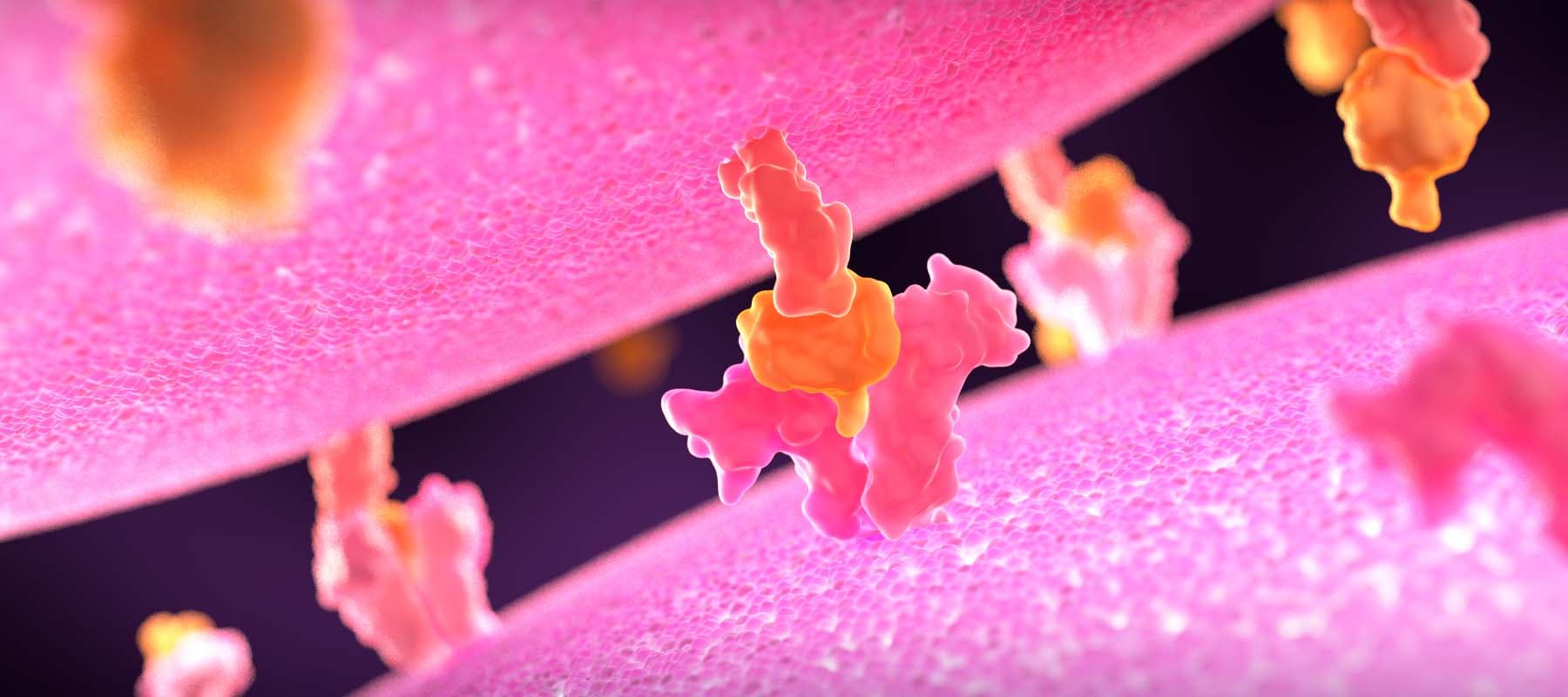
At the Inflection Point for the Next Generation of Cancer Immunotherapy
While oncology researchers have long pursued the potential of cellular immunotherapies for the treatment of cancer, it was unclear whether these therapies would ever reach patients due to the complexity of manufacturing and costs of development. Fortunately, the recent successful development and regulatory approval of chimeric antigen receptor-engineered T (CAR-T) cells have demonstrated the significant benefit of these therapies to patients.
Now, the oncology community is focused on natural killer (NK) cells as an immunotherapeutic mechanism with the potential to offer benefits to cancer patients in need of new treatment options. At Nektar Therapeutics (Nektar), we believe that NK cell therapies or cytokine therapies that stimulate production of NK cells have the potential to become the next generation of cancer immunotherapies.
NK cells directly recognize and kill abnormal cells, including cancer cells, and they modulate the body’s adaptive (T cell) immune response against these cells. NK cells have the potential to target altered cells in the body without prior sensitization to specific tumor antigens. However, NK cells cannot survive for long without signaling from IL-15, a cytokine that promotes the production, function and survival of NK cells in the body.
Nektar has engineered a new IL-15 agonist, NKTR-2551, designed to stimulate and expand NK cells as well as CD8+ effector and memory T cells, all critical cells in the anti-cancer immune response. NKTR-255’s pharmacokinetic and pharmacodynamic profile was intentionally designed to overcome the challenges of recombinant human (rhIL-15), which has to be given to patients frequently and in high doses due to its rapid clearance from the body. NKTR-255 has the potential to be more easily administered with an antibody-like dosing schedule, without triggering high toxicity or overstimulating the NK cells.
NK cells can be particularly effective against liquid, or hematological tumors, possibly because they are in close contact with these cancer cells in the bloodstream and lymphoid organs. However, we have also observed encouraging activation of NK cells by NKTR-255, as well as anti-tumor activity, in laboratory results of NKTR-255 in solid tumor models. Based on these results, we are investigating NKTR-255 in clinical trials in multiple myeloma (MM), non-Hodgkin’s lymphoma (NHL), head and neck squamous cell carcinoma (HNSCC), colorectal cancer (CRC), and locally advanced or metastatic urothelial carcinoma (UC).
With an NK cell therapy, we may also have the ability to improve upon existing CAR-T cell therapies for hematological malignancies. A challenge with available CAR-T therapies is that many patients eventually relapse, and thus strategies are needed to further extend the benefit of CAR-T cell responses for a patient. Preclinical data in B-cell lymphoma xenograft models have shown that NKTR-255 enhanced expansion, survival, and anti-tumor activity of human CD19 CAR-T cells.
NK cells are also effective at recognizing tumor cells coated in tumor-binding antibodies. This capability is why we are investigating NKTR-255 with mechanisms that use antibody-dependent cellular cytotoxicity (ADCC). Currently, we are studying NKTR-255 in combination with leading approved antibodies that use the mechanism of ADCC to kill cancer cells by functional NK cells. Research has shown that long-term expansion of NK cells through activation of the IL-15 pathway can enhance the activity of these ADCC agents.
At the Society for Immunotherapy of Cancer (SITC) 2021 Annual Meeting, Dr. Mehmet Altan, Assistant Professor, Department of Thoracic/Head and Neck Medical Oncology, Division of Cancer Medicine at The University of Texas MD Anderson Cancer Center, presented data from an ongoing Phase 1b/2 study evaluating NKTR-255 plus cetuximab in relapsed or refractory, advanced HNSCC, or CRC that supported the mechanism of action of the combination. Early evidence of on-target biological activity was observed with NKTR-255 treatment resulting in expansion and proliferation of NK cells and CD8+T cells. Clinical activity was also observed in this heavily pre-treated and highly refractory patient population, and a correlation was observed with increased NK cell levels in the blood and in tumor tissue.
As clinical research is beginning to show, therapies that stimulate the production of NK cells have the potential to make a significant impact on the way we treat cancer. We are excited to harness the full potential of this groundbreaking immunotherapeutic approach from the ongoing research of leaders across the oncology community. To learn more about the continued clinical development of the IL-15 agonist, NKTR-255, visit our website.
References:
1NKTR-255 is in early-stage clinical development and has not been approved by FDA or any other regulatory agency for any indication.